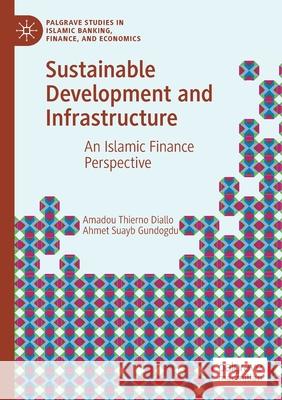Sustainable Development and Infrastructure: An Islamic Finance Perspective » książka
topmenu
Sustainable Development and Infrastructure: An Islamic Finance Perspective
ISBN-13: 9783030670962 / Angielski / Miękka / 2022 / 240 str.
Sustainable Development and Infrastructure: An Islamic Finance Perspective
ISBN-13: 9783030670962 / Angielski / Miękka / 2022 / 240 str.
cena 442,79
(netto: 421,70 VAT: 5%)
Najniższa cena z 30 dni: 424,07
(netto: 421,70 VAT: 5%)
Najniższa cena z 30 dni: 424,07
Termin realizacji zamówienia:
ok. 16-18 dni roboczych.
ok. 16-18 dni roboczych.
Darmowa dostawa!
Kategorie:
Kategorie BISAC:
Wydawca:
Palgrave MacMillan
Język:
Angielski
ISBN-13:
9783030670962
Rok wydania:
2022
Ilość stron:
240
Waga:
0.32 kg
Wymiary:
21.01 x 14.81 x 1.4
Oprawa:
Miękka
Wolumenów:
01
Dodatkowe informacje:
Wydanie ilustrowane











